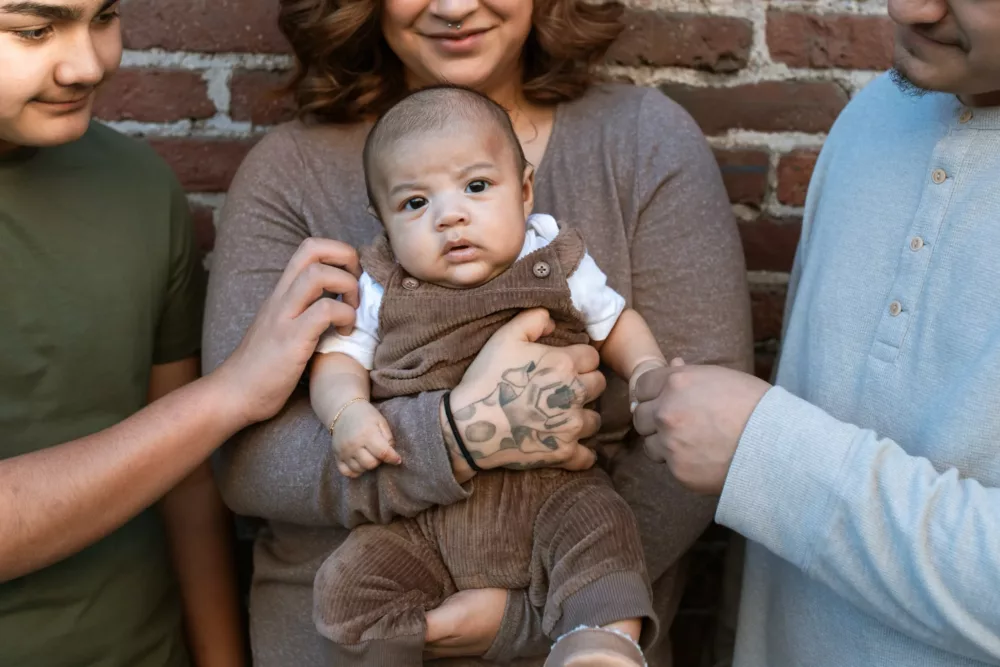Congratulations! If you’re expecting a new arrival, whether it’s your first, second or fifth, you’re sure to be busy decorating nurseries, picking out names and planning baby showers.

Budgeting Tips for Baby’s First Months
While these are all exciting and fun activities, of equal importance is crafting a budget for your new arrival — and sticking to it.
Read on to learn some tips for budgeting for your latest addition!
Have a Backup Plan
First, put money aside in an emergency fund that will offer financial padding in case of an emergency — three months of your regular salary is a good rule of thumb. An emergency fund is always a good idea, but having a cushion for when baby arrives is especially important. It provides a stress-free solution in binds (for example, if your car breaks down, doctor’s appointments and hospital visits can become a real challenge).
If an emergency arrives before you’ve had a chance to save for your fund sufficiently, a loan from an online lender can create a stopgap until you’ve had the opportunity to rebuild your savings.
Take your time and research loans from direct lenders to determine how much you can apply for. Researching your options in advance will help you to find the best loan for your specific needs.
Consider Your Time Off
This might be a non-issue if your company offers generous maternity and paternity leave packages. However, if your employer doesn’t provide any financial assistance, or you’re only offered a small percentage of your regular income during your time off, you should factor these financial losses into your overall plan.
In addition to setting money aside out with your emergency fund, look at other areas where you can cut back. Take this reclaimed money and put it into a high-yield savings account, making sure to find one that won't penalize you for withdrawals.
Here are some simple tips to save money:
• Forgo meals out and takeout.
• Cancel magazine subscriptions.
• Cancel streaming channels.
• End unused memberships — like to the gym or a fitness package.
Create a Budget for Bigger Items
It’s no surprise that having a baby costs money. Your bank account won’t just plateau with your new addition! By creating a strict budget for bigger items, like a stroller or crib — the average stroller costs anywhere from $100 up to $1000, and cribs cost anywhere between $125 to $300 — you stand a better chance of not exceeding your means.

If you’re concerned about expenses, look on buy-and-sell marketplaces for items that don’t require safety inspections. Babycar seats and booster seats expire after six years, so it's best to buy these items new. Whereas clothing — which your tot will outgrow quickly — can easily be found second-hand.
Add Your Baby to Your Health Insurance
And last, don’t forget to add your newborn to your health insurance. This should be done within 30 days of their birth. Generally speaking, plans take a retroactive effect.
Babies are expensive. They also bring joy, fulfilment, and completion. By adding to your savings, creating an emergency fund, and saving and budgeting where you can, you’re setting yourself up for a comfortable financial future.

















Leave a Reply